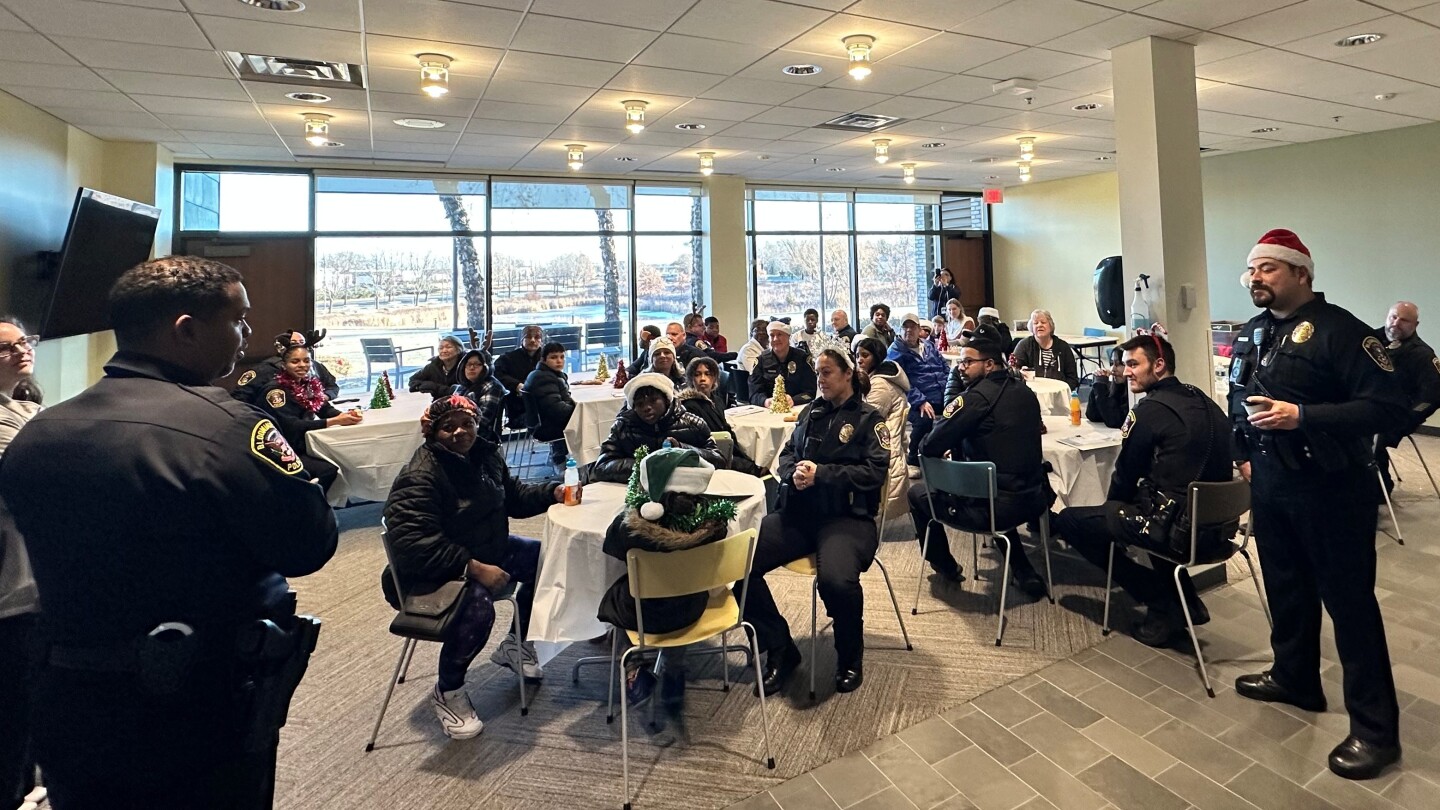Leadership
Practical perspectives on how police leaders are addressing today’s toughest challenges
Tempe Police Chief Kenneth McCoy on the daily choices that define a department
On-duty workouts boost officer strength, health and morale
Experts cautioned agencies to vet AI-driven tools carefully, ensuring transparency, accountability and ethical use remain at the core of every decision
This conversation explores how to lead with integrity, courage, and humility in today’s world
Chiefs Scott Hughes and Tricia Seyler share what the academy taught them about leadership, resilience and the value of stepping away to grow
At the 2025 Women Leaders in Law Enforcement Conference, 2,000 officers, chiefs and allies filled a San Diego ballroom for three days of learning, laughter and leadership
Download this resource built by and for women in policing — with real stories, actionable strategies and tools to help you grow and lead with purpose
Before taking the next step up the ladder, consider the personal, professional and family costs that come with a job swap
Meet Sgt. Gene Reid, a Delaware sergeant who calls Professional Standards the most unique and fulfilling role of his career – one rooted in accountability and integrity
As policing came under fire in 2020, Abby Ellsworth launched a podcast to give officers a safe place to tell their stories — and to remind the public of the humanity behind the badge
The department is planning to expand less-lethal options, bolster CIT certification and require targeted retraining after critical incidents
By elevating real stories that reflect organizational values, leaders cultivate a culture that inspires officers and earns lasting community trust
Charlie Kirk assassination social posts by LEOs highlight how social media can cost careers
Colonie Police Chief James “Jay” Gerace shares how a just culture balances accountability with support for his officers
At NASRO’s National School Safety Conference, attendees used live exercises — from QR code polls to a shared Google Doc — to surface challenges and capture solutions for school safety
Community policing activities, like the Norwich PD Ice Cream Patrol, create and strengthen officers bonds with the people they serve
A leadership checklist of red flags that reveal when community policing is a philosophy in name only, not daily practice
Turn challenges into opportunities: Leadership strategies for modern public safety
When cops and communities come together to share the responsibility of community policing, everyone wins
Peer support and other confidential resources are a first step toward accountability and treatment for officers struggling with substance misuse
Marking anniversaries, like 9/11, is important for honoring those experiences and carrying forward the lessons learned
Bots, deepfakes and foreign influence are driving false narratives that target personnel and disrupt operations — making early detection, rapid comms and digital footprint defense essential
At NASRO’s National School Safety Conference, a new checklist and real-world lessons gave schools and police practical tools to respond to threats
Mental Health
Recent LEO murder-suicide incidents are tragic reminders that “suicide intervention and prevention are everyone’s responsibilities.”
A small policy change can have a big impact on officer morale and community perception
The easiest way to make sense of how to be successful at this is to simply recognize you’re the new guy
The difference between a lawful seizure and unconstitutional conduct often hinges on how courts view an officer’s intent in high-risk vehicle encounters
Former officer turned psychologist Dr. Stephanie Conn reveals the habits and mental armor that protect officers from burnout, bad decisions and walking away from the job
Bloomington Police Chief Booker Hodges on trust, accountability and putting his people first
Drawing on baseball’s 17-inch rule, Chief Sam DiGiovanna delivers a powerful message about consistency and standards in public safety organizations
From self-reporting to mental health support, initiatives collapse without trust. Leaders must build cultures where officers feel safe to be honest and seek help
Elon Musk’s fifth principle highlights the power of iteration — here’s how police leaders can use feedback, data and innovation to refine strategies and build trust



































